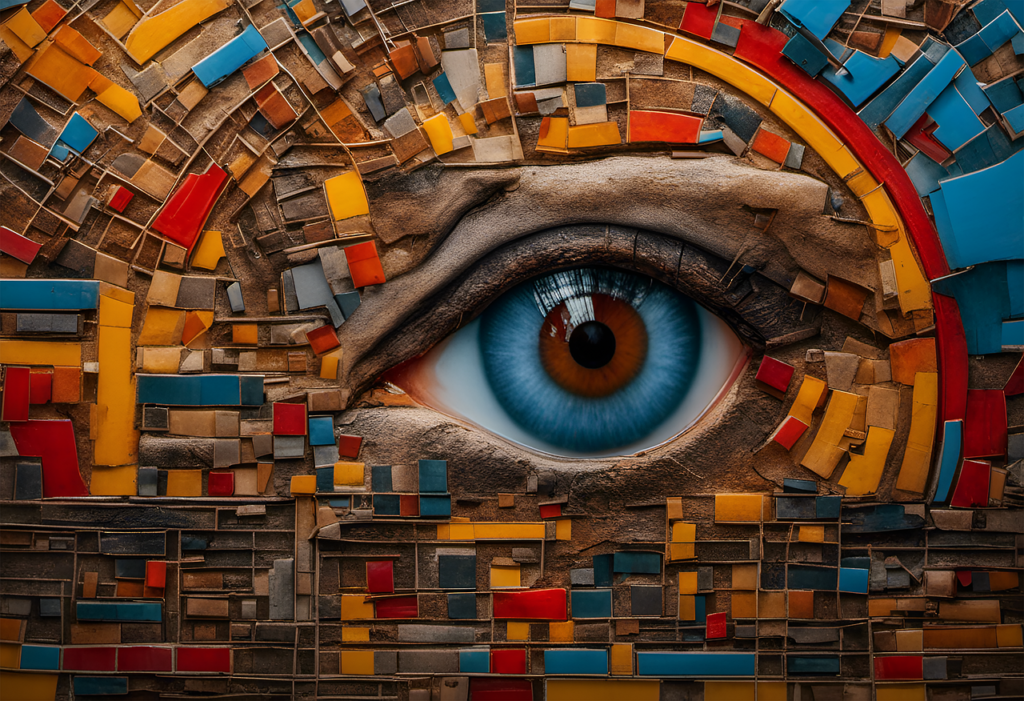
I have survived the last sixty-odd years not taking everything at face value. In grade school, I had doubts the counterculture of the 1960s would survive much after the concert at Woodstock. During the early 1970s, I knew Viet Nam was, regrettably, a lost cause. Like many Americans, I prayed our soldiers would return from that quagmire safe and sane.
The 1980s promised the advent of new technology; personal computing was introduced, and everyone wanted their device. Things got more exciting during the 1990s. There were radical breakthroughs in the ability of computing machines to interact over sizeable geographical area networks, thereby creating the foundation of the Internet.
This excitement continued throughout the decade, breeding the ultimate frenzy of the ‘DOT COM’ revolution; New worldwide web-based businesses were predicted to eclipse existing brick-and-mortar ones. Multifaceted, digital warehouses of goods would replace Main Street USA and Malls; you could order something one day and get it delivered the next. Did any of this happen? Well, parts of it did. People still shop in brick-and-mortar stores, and shopping malls still exist in urban areas, albeit many are getting facelifts or enhancements to inspire more foot traffic.
Year 2000, or Y2K, did not end the world or cause much damage to the burgeoning business and government computer systems connected globally across the Internet. I remember staying up all night monitoring the status of a significant financial database system as the clock struck twelve on New Year’s Eve, 1999, and thinking, “Nothing’s going to happen,”…and it didn’t.
So twenty, odd years later, is AI the new messiah? Are humans to become obsolete and sit around all day with nothing to do? Will AI, instead, solve all the problems we couldn’t solve before? Worse, will it become a digital drug we must use daily to survive?
I believe Adi Ignatius provides the answer to my question of ‘Is Artificial Intelligence Smarter Than You?’ in an article he wrote recently in the Harvard Business Review titled: AI Won’t Replace Humans — But Humans With AI Will Replace Humans Without AI
In that article, Adi makes the compelling argument that AI has been evolving in the workplace over the last several years, and the public has come to expect companies to deliver a seamless customer experience that can only be driven by AI-based technology. He says that AI has lowered the cost of information transmission and cognition. What you used to have to learn from reading a book or sitting through a lecture can be understood more quickly and efficiently with AI-enhanced learning tools and simulations. College curriculums now leverage this approach to give students a more immersive experience.
This discussion reminds me of an old and tired analogy. Two guys. Bill and Fred went camping out in the woods known to have bears. Late one night, both of them hear a bear growling outside. Fred starts to put on his sneakers. Bill laughs and says, “What are you doing? You know you can’t outrun a bear.” Fred smiles and says: “I only need to outrun you.”
So, embrace AI; don’t be afraid of it. Like Fred, wear your sneakers and try to get ahead of it. It is there to help us be better at our jobs and better at our lives. Nothing more, nothing less. It can never replace the emotion, creativity, tenderness, and sheer joy of the human experience we call life.
